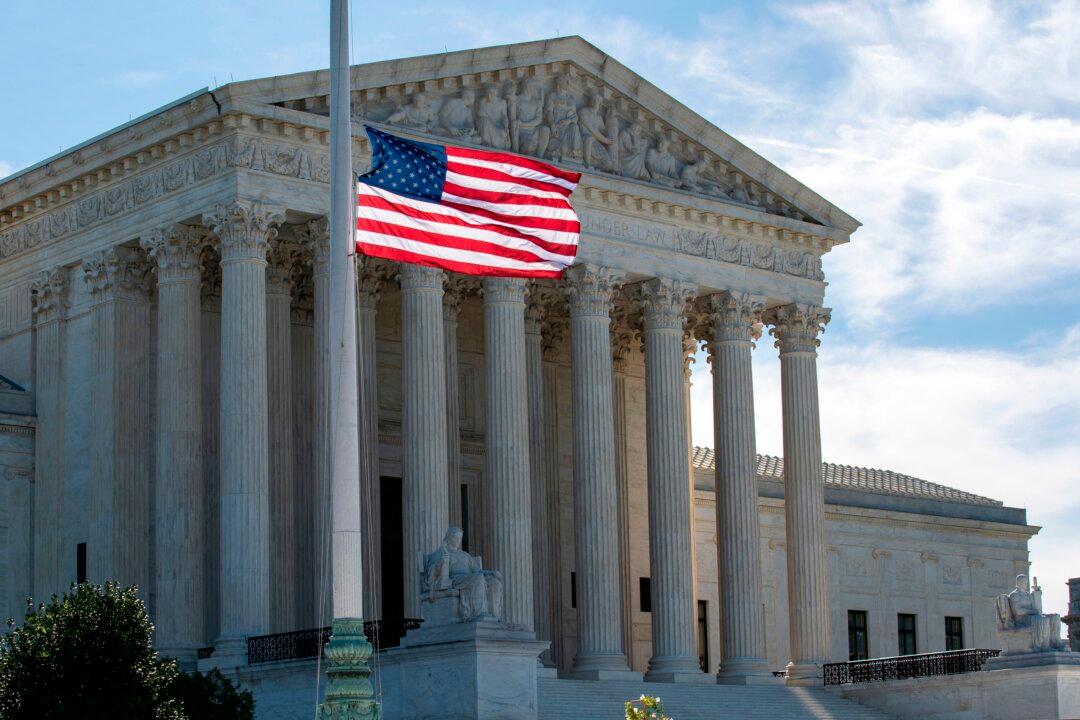A personal injury lawyer urged a seemingly sympathetic Supreme Court to uphold state court rulings that allowed personal injury lawsuits regarding cars sold out of state to move forward against automaker Ford Motor Co.
Eight, instead of the usual nine, justices heard oral arguments telephonically Oct. 7 in the case known as Ford Motor Co. v. Montana 8th Judicial District Court, which was consolidated and heard with Ford Motor Co. v. Bandemer.





